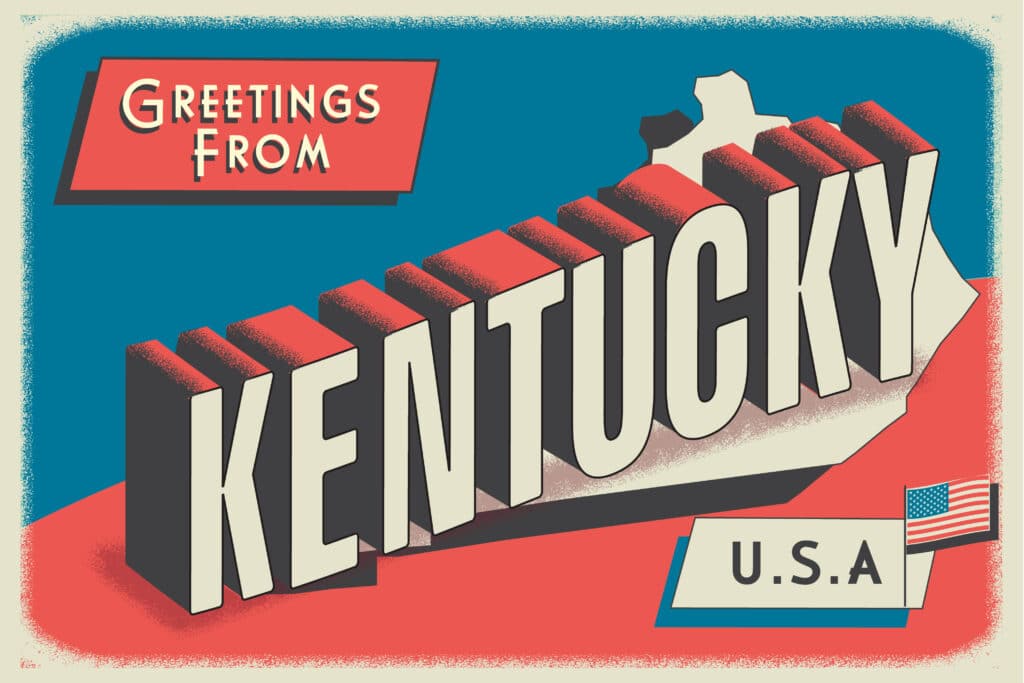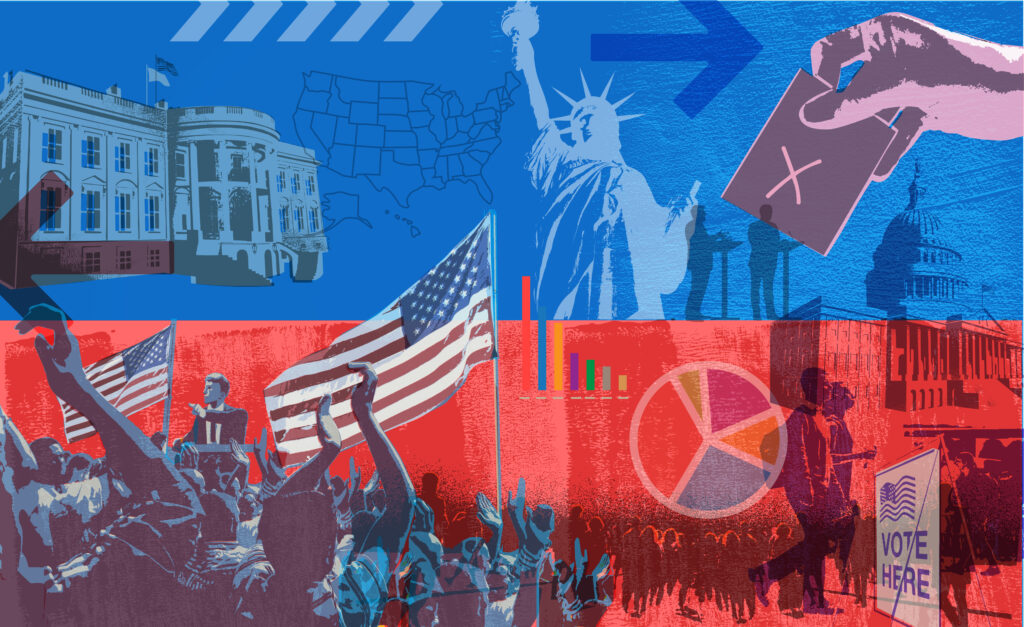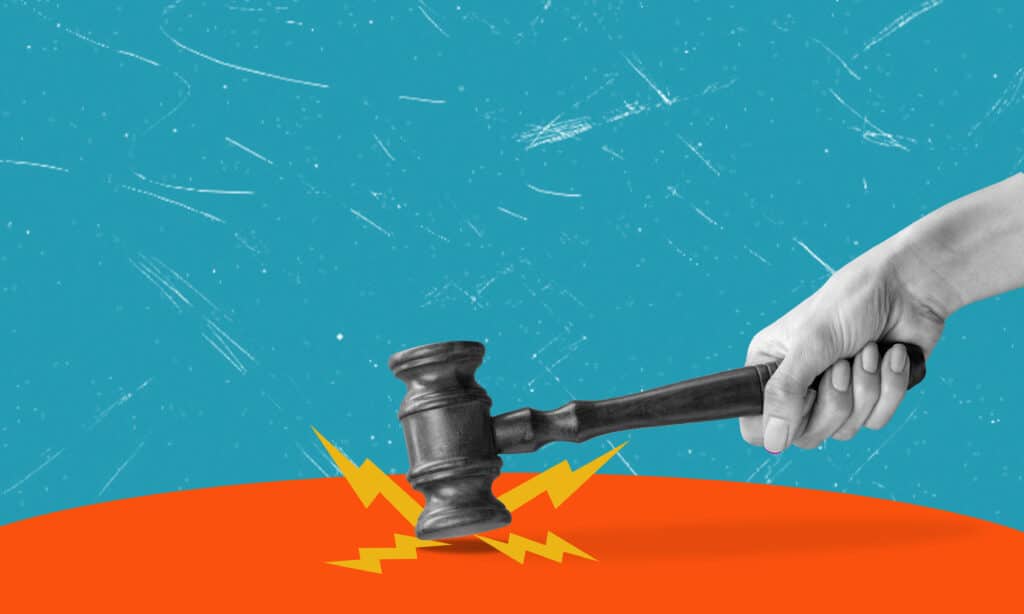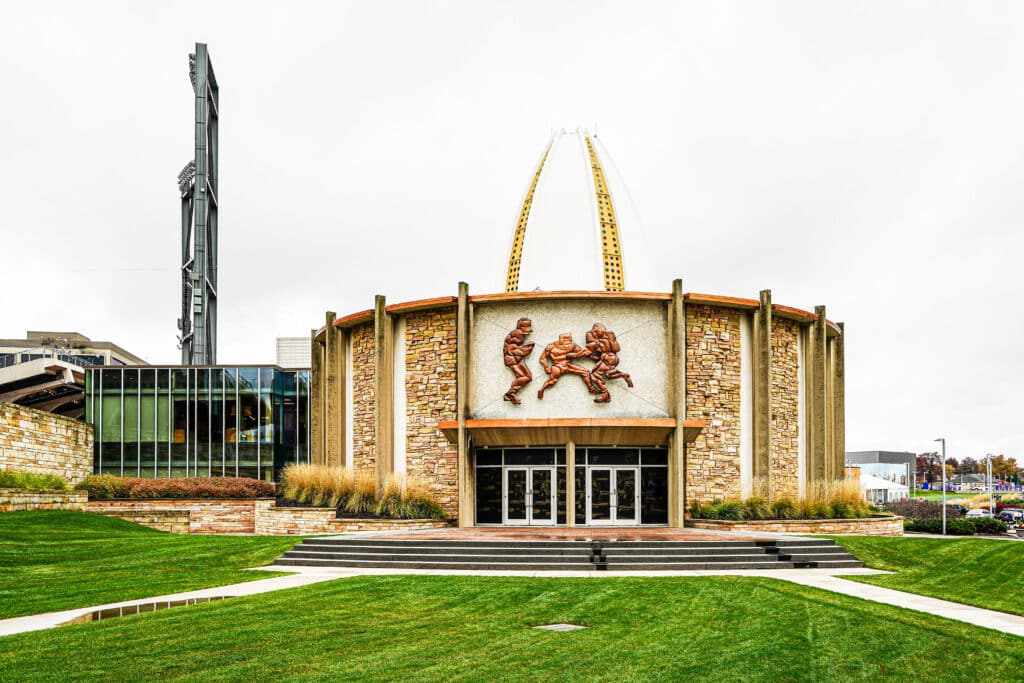
Former NATO Commander Admiral James Stavridis on Cyber and Geopolitical Risk

Leader's Edge was on-site at The Council's Insurance Leadership Forum in October to capture the conversations and energy that always accompany this key industry gathering.
In the first of three special interviews conducted at ILF, retired U.S. Navy Admiral James Stavridis, former NATO supreme allied commander Europe and a current board member of global broker Aon, discusses what risks American companies face from abroad, what trends he foresees impacting the world, and what U.S. citizens can do to tamp down the political divisiveness running rampant in our country.
Transcript
Stavridis: What I worry about are divisions in American society. It’s not the job of insurance companies to solve those kind of problems. Although, I would make the argument that each of us as Americans can help reduce those gaps by being respectful of those with whom we disagree, not name calling, stay away from the acrimony, keep your cool when you’re talking to people, whether it’s around your Thanksgiving table or around the water cooler at work, if there are still water coolers at work anymore. I’m not sure there are.
Sandy: Welcome to the LeadersEdge podcast. I’m Sandy Laycox, editor in chief of Leader’s Edge. Last month, the insurance industry gathered at the council’s insurance leadership forum, which is held every year at the Broadmoor in Colorado Springs. This year, for the first time, Leaders Edge podcast was on-site, able to capture the conversations and energy that always accompanies this meeting. It was an exciting time, made even more so by the opportunity we had to interview some very special guests, all of whom were keynote speakers slated to address ILF attendees.
The first of these three special interviews is with the admiral James Stavridis, retired four star US naval officer, former supreme allied commander of NATO, and a current board member of global broker Aon. My first question to him was how serious is the risk of a major cyber attack on the US, and how prepared are we for it?
Stavridis: Thanks for having me on. I would particularly be concerned about a major cyber attack, from Russia. That’s the calculus. They have that ability. They could come after our grid, our financial systems, our consumer chains.
At the moment, they are deterred from doing so because we have pretty significant offensive cyber. But I think if I’m speaking to American business, I have 3 consistent messages. 1 is invest in cybersecurity. Hire the talent. It will pay off, and it runs the spectrum of protecting you from small ransomware kind of attacks to keeping you safe in the case of a really big Pearl Harbor like cyber.
So invest in cyber. Number 2, be talking to your peers and contemporaries. Be constantly working across the line with the government. Cybersecurity is absolutely a team sport. And then 3rd and finally on cyber, constantly practice, drill.
There are firms who will gladly come in and do penetration tests on your firm. There are firms that can help walk you through tabletop exercises. The first time you’re hit with ransomware or the first time you are struck by a a big national cyber attack, you should have already thought about it, trained to it, and practiced it.
Sandy: Do you feel like we are on doing on those goals currently?
Stavridis: Yeah. I think we’re, a solid B. Okay. We should try and improve in all those categories, but we also ought to recognize and and here I’m talking to the insurance industry as well as every other firm, get insurance. Get cyber insurance.
Right. And cyber firms need cyber insurance. You really don’t wanna self insure against a really massive cyber attack, but I’d say we’re a solid b. There’s general awareness of this. And if we do all the things I mentioned, plus we have the backstop of insurance when 1 or 2 individual firms are attacked, that’s when, obviously, insurance pays out and spreads that risk across the industry.
If we do all of those things, I’m confident we could work our way up to a a b plus or maybe an a minus. We’ll never be perfect.
Sandy: We’ll never be an a plus on that. No. Do you have any thoughts on that catastrophic cyber backstop, potentially government based?
Stavridis: I do. And, and, yes, I’m, was on the board of NFP. It was acquired by Aon. I’m now pry proudly on the board of Aon. So I’ve been involved in insurance issues for a decade.
I firmly believe cyber is very similar to national flood insurance. In other words, it is such a big concern and potentially such a sweeping national catastrophe that the only ultimate backstop is a federal system. So just as we have national flood insurance, I think we should have some form of a national cyber insurance. And there have been starts and stops on conversations like that, but it’s something that an organization like this could help push along by working with Congress, which is where the real impetus would have to come from.
Sandy: You mentioned earlier in your talk that you’re very interested in the calculation of risk. And what we’ve seen lately in the insurance industry, it’s getting harder and harder to correctly calculate the risk in these areas that are new cyber, climate, social inflation, new litigation, those types of things. So what is your advice for insurers who are dealing with this and they can’t really look to the past as they used to to create their models and calculate risk?
Stavridis: Well, first and foremost, this idea of calculating risk is always going to be both art and science. There are scientific and and really statistical models that can help any firm as it looks at risk. And there are aspects of some of the new threats that lend themselves to the science side of the equation. However, on the art side of the equation, my advice is get with experts. Mhmm.
In the world of geopolitics, there are many firms that offer exceptional geopolitical expertise. In the world of cyber, similarly, there are many firms that can help you understand that broad landscape of cyber. I’m really glad you mentioned climate, by the way. I think that is gonna continue to challenge, and there’ll be a scientific component of that. Sea level rising, for example, drought conditions, the, forest fires, wildlife fires, those are statistically understandable.
But the old models, in many cases, just don’t pertain because of the acceleration. And that’s where we get to the art side of the equation. You have to speak to those, who are deeply embedded in this, but also have a broader geopolitical understanding of the nexus between geopolitics, climate, and, how those two things come together to create risk.
Sandy: With elections taking place all over the globe this year and the US election just weeks away at the time of our conversation, we turn to geopolitical risk and the implications for business owners and insurers.
Stavridis: Similar to climate, this is an area where there’s both art and science. The science can help you understand in an individual election, what are the chances of a major societal kind of, shift. So take Mexico, for example. Mexico went through a big election about 6 years ago, and then just this year in 2024 has had an election with a seismic shift. Mexico, the most staunchly Catholic and probably patriarchal country in the world, elected a woman and a person of Jewish faith to the presidency.
No model was gonna pick that up. On the other hand, look at India. Here is the largest election ever held in human history. There are 1,400,000,000 Indians. 800,000,000 people voted in the Indian election.
Here, your models came out fairly well. There were some surprises for the incumbent, Narahandi Modi. But by and large, the models held together, fairly strongly. So in this year of elections all over, now we come to the US election
Sandy: Yes.
Stavridis: Where we have, very highly sophisticated, very developed systems of polling, which frankly often get it wrong. Mhmm. And so I think as we head toward our national election, you have to be humble in accepting whether or not those polls are gonna be entirely accurate. Now we come to insurance. So if you look at the US election, the polling would tell you it’s gonna be extremely close.
Your common sense would tell you that the result therefore will be challenged. Your intuition may tell you that there’ll be some level of civil conflict that comes out of that. So I think as an insurance firm, if you are touching any element of, national, national infrastructure that is vulnerable after an election, you would be building reserves, having people ready to go, be prepared for a pretty turbulent scenario in the month or so after November 5th. I wish that weren’t true.
Sandy: Yeah.
Stavridis: But I think knowing that allows you to prepare for it. Hopefully, we won’t have a scenario. But as the saying goes, hope is not a strategy. You need a strategy to deal with challenges. I think the insurance sector understands that quite well.
Sandy: Yes. Absolutely. Following on from that, and we’ve talked about climate change a little bit, do you feel like climate change is going to become more of a geopolitical threat as the effects of it worsen?
Stavridis: I do entirely, and I’ll I’ll put my money where my mouth is as follows. Couple years ago, I wrote a novel called 2034 about a war between the US and China, great power war. Last year, I wrote a novel called 2054 set in that year about artificial intelligence and cyber conflict in America. I just finished writing the 3rd novel in that trilogy. It’s called 2084, set in the year 2084, and it postulates a climate war between the industrialized North and the very disadvantaged global south, who feel that the effects of centuries of industrial activity by the global north, the industrialized north, have created the global crisis that has made a large chunk of the planet, Indonesia, Brazil, parts of Pakistan, all around the equator, in many cases, uninhabitable by 2084 because of massive climate shifts.
Will that all come to pass? I don’t know. But I think the more we use our imagination to think about challenges in the future, the more we can see that climate will create real vulnerabilities. And by the way, Sandy, short of an actual global war, some pretty obvious additional risks that touch insurance immensely are sea level rise, for example. In my beloved native state of Florida, how much of that will still be above water by 2084?
I’d say 2 thirds of it, but a third of it could be literally underwater in worst case scenarios. Huge megacities like Bangkok or Saigon City are under significant, significant climate risk. In addition to sea level rising, if global temperatures keep rising, are we looking at massive forest fires throughout the American West, the Canadian West? Are we looking at worsening drought conditions in the Middle East that lead to regional conflict? The short answer to all those questions is yes, and there are huge insurance implications in all of those areas.
Yeah.
Sandy: And I even think about it as as with the warming, you have more disease spreading through, like, mosquitoes and things like that.
Stavridis: Absolutely. Absolutely. All of those, first and second order effects of global warming are profound and significant. And again, there’s no science that is gonna predict that for you, fully and accurately. You have to apply both the science that you can, but also your intuition, your judgment, your art.
It requires both art and science to predict that.
Sandy: During his address to attendees earlier that morning, admiral Stavridis had discussed the inspirational fireside chats given by President Franklin Delano Roosevelt when the country was suffering mightily under the Great Depression and then into the 2 great wars. I asked him who he thought could provide that type of inspiration to Americans today.
Stavridis: Of course, there’s Taylor Swift.
Sandy: Oh, yes. I forgot about Taylor Swift.
Stavridis: And, you know, and and she’s a package deal with the greatest tight end in NFL history, Travis. Seriously, I’m on a serious point here, which is that we tend to have a cliche answer that, oh, it’s gotta be someone in the political realm. I think there are inspirational Americans across all realms of activity. I’ll include, senior military, both active duty and retired. How about some of our very senior business leaders in this country?
How about the heads of charitable foundations like the Rockefeller Foundation? In other words, there are thousands of other people.
Sandy: Exactly. You haven’t heard any of this.
Stavridis: Yeah. Exactly.
Sandy: What is the biggest risk you think that insurers should be focused on right now?
Stavridis: I think, practically, it’s cyber, which we’ve talked about already. Yeah. I think, philosophically, it’s divisions in American society. In other words, we have a lot of external geopolitical threats, the Middle East, Ukraine, Iran, North Korea, China. All of those are challenges.
We can overcome all of those as Americans. I’m quite confident. What I worry about are divisions in American society. It’s not the job of insurance companies to solve those kind of problems. Although, I would make the argument that each of us as Americans can help reduce those gaps by being respectful of those with whom we disagree, not name calling, stay away from the acrimony, keep your cool when you’re talking to people, whether it’s around your Thanksgiving table or around the water cooler at work, if there are still water coolers at work anymore.
I’m not sure there are.
Sandy: It’s like refill your water bottle station. Your water
Stavridis: bottle station. Exactly. I think we all have individual ways we can contribute to that. I think what insurers can do is what they have always done, which is create a backstop for American businesses, American individuals. You can’t run a business coherently without insurance.
You can’t, function as a American family without insurance. You need that collective backstop. I think that sense of collective backstop actually can help us as we look at all of these divisions in America. So I think our insurance industry that I’m proud to be a part of as a board member today of AON, previously of NFP, I think can be part of resolving some of these divisions by creating the social fabric that keeps our society together and functioning.
Sandy: Well, thank you, admiral. It has been an honor to talk with you today, and we love to have you as part of the insurance community.
Stavridis: Thank you. My pleasure. We’ll do it again next year. Absolutely. Thank you.
Sandy: That was admiral James Saviritis on-site with me at the Insurance Leadership Forum in Colorado Springs. I hope you enjoyed this conversation, and keep an eye out for my next big interview from ILF 2024 coming soon.




